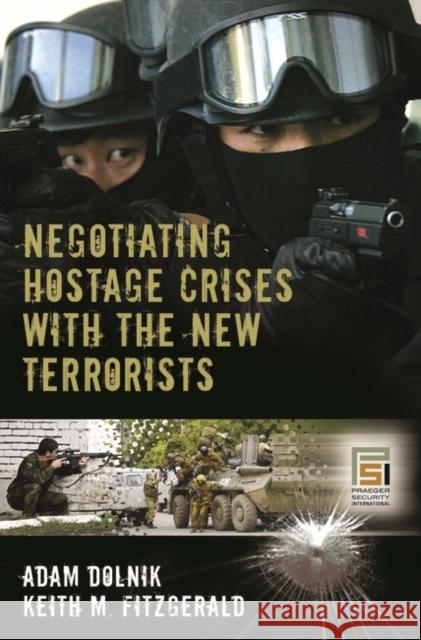Negotiating Hostage Crises with the New Terrorists » książka
Negotiating Hostage Crises with the New Terrorists
ISBN-13: 9780275997489 / Angielski / Twarda / 2007 / 228 str.
This book is about the role of negotiation in resolving terrorist barricade hostage crises. What lessons can be learned from past deadly incidents so that crisis negotiators and decision makers can act with greater effectiveness in the future? What are the lessons the terrorists are learning and how will they affect the dynamics of future incidents? What can we learn about the terrorist threat, and about preventing the escalation of future terrorist hostage-taking situations?
While there are many trained crisis negotiators around the world, almost none of them has ever had contact with a terrorist hostage-taking incident. Further, the entire training program of most hostage negotiators focuses on resolving crises that do not take into consideration issues such as ideology, religion, or the differing sets of strategic objectives and mindsets of ideological hostage takers. This is especially true with regard to the terrorists of the new breed, who have become less discriminate, more lethal, and more willing to execute hostages and die during the incident. Further, many of the paradigms and presumptions upon which the contemporary practice of crisis negotiation is based do not reflect the reality of the new terrorists.
The main focus of this book is on the detailed reconstruction and analysis of the two most high-profile cases in recent years, the Moscow theater and the Beslan school hostage crises, with a clear purpose of drawing lessons for hostage negotiation strategies in the future. This is an issue of top priority. Terrorist manuals from countries such as Saudi Arabia and Iraq reveal that terrorist organizations are very closely observing and analyzing the lessons learned from these two incidents, suggesting that we are likely to see this type of new terrorist hostage taking involving large numbers of suicide fighters and executions of hostages at some point in the future. This raises a wide array of questions about appropriate responses and negotiation strategies. From the first glance, it is clear that we are not prepared.











